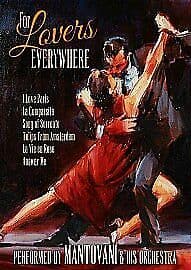Harrow School rose from being one of scores of local grammar schools founded in the sixteenth and seventeenth centuries to become the second most famous school in the English-speaking world. Still shorthand for social exclusivity, its development supplies insights into British educational, cultural, and political history, as well as providing evidence for the study of public schools in general, one of Britain’s most idiosyncratic yet successful social inventions. Avoiding polemic or apologia, this new history of Harrow, the first for over half a century, and the first to be based on unfettered access to the school and governors’ archives, investigates the school’s governors, masters, pupils, finances, social position, and curriculum, within the context of shifting political, cultural, and educational circumstances. It is a contribution to the social history of Britain as well as a critical study of a famous school. Unusually for school histories, this book, supported by a full academic apparatus of source references, frankly confronts the school’s failings as well as its successes; its financial, educational, and sexual scandals as openly as its well-publicized eminence as the school of Byron, Churchill (and six other British prime ministers), and Nehru.












